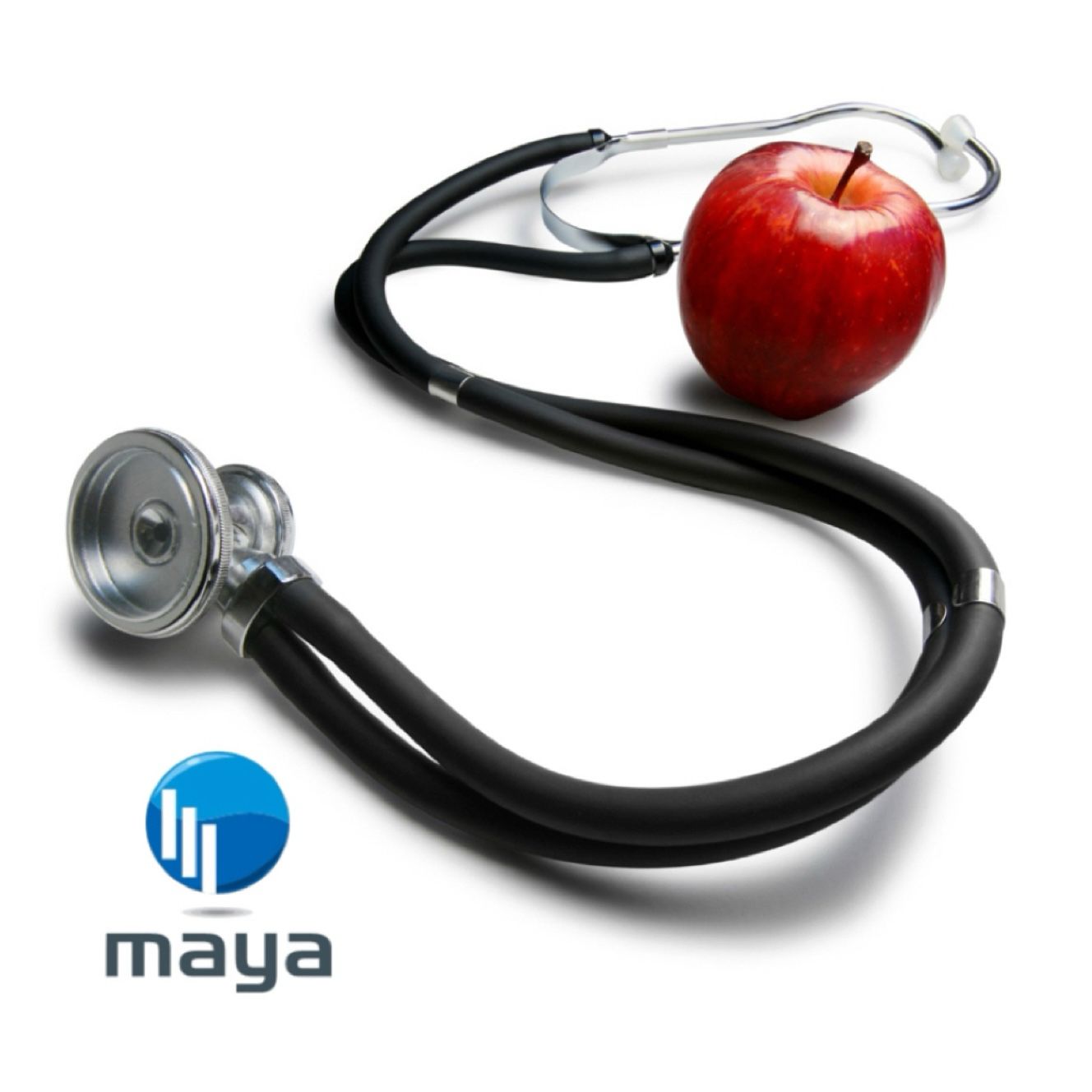As antimicrobial-resistant infections become more common, it’s vital for everyone to adopt practices that reduce the risk of infection and strengthen natural immunity. While a healthy diet and lifestyle can help support your immune system, not all products claiming to boost immunity are scientifically proven. Rather than relying on untested tonics, it’s best to focus on evidence-based preventive measures and natural, fresh plant products, such as those Dr. Kadiyali Srivatsa recommends in his upcoming book, Nature's Pharmacy.
Here’s how you can protect yourself and take proactive steps to reduce infection risks:
1. Understand and Avoid Misleading “Immunity Boosters”
Despite the popularity of vitamins, iron tablets, and supplements claiming to boost immunity, many of these products lack scientific evidence. Instead of heavily relying on unproven supplements, focus on nutrient-rich whole foods and balanced meals that naturally support immune function.
2. Choose Fresh, Natural Plant Products Over Processed Ones
Dr. Kadiyali Srivatsa’s studies on medicinal plants in India reveal that certain plants have real potential to prevent infections and reduce inflammation. However, to gain the most benefit from these plants, use them in their freshest form, free from chemicals and processing. His book, Nature’s Pharmacy, will soon offer valuable guidance on how to use these plants safely and effectively.
3. Practice Proper Hygiene to Reduce Infection Risks
Regular handwashing, safe food preparation, and thorough cleaning of commonly touched surfaces can prevent the spread of harmful pathogens. Wash hands with soap and water for at least 20 seconds, particularly after being in public places, touching your face, or handling food.
4. Make Infection Prevention a Daily Habit
Avoid Overuse of Antibiotics: Antibiotics are only effective against bacterial infections and should not be taken for viral infections like colds or the flu. Overuse and misuse of antibiotics lead to resistance, making future infections harder to treat.
Limit Use of Antibacterial Soaps and Hand Sanitizers: While they’re useful in healthcare settings, excessive use of antibacterial products in daily life can contribute to resistance. Stick to regular soap and water for most handwashing needs.
5. Seek Natural Inflammation Relief Through Diet
Inflammation is often a sign of the immune system responding to infection or injury. Certain fresh, organic plant products have been shown to reduce inflammation naturally. Dr. Srivatsa’s upcoming book will provide insight into which Indian medicinal plants have verified anti-inflammatory properties, helping you choose natural, effective options.
6. Strengthen Immunity with Nutrient-Rich Foods
Instead of relying on supplements, focus on a diet that includes:
- Whole Foods: Fresh fruits, vegetables, whole grains, and lean proteins provide essential nutrients that support immune function.
- Probiotic-Rich Foods: Foods like yogurt, kefir, and sauerkraut support a healthy gut, which is closely linked to immune health.
- Hydration: Water and herbal teas help your body flush out toxins and keep your immune system functioning well.
7. Avoid Processed and Chemically-Treated Foods
Choosing organic and unprocessed foods whenever possible reduces your exposure to chemicals and preservatives that may affect your health. Fresh, whole foods retain their natural nutrients and are less likely to harbor harmful residues or additives.
Conclusion: Embrace Preventive Care with Natural Choices
Reducing the risk of antimicrobial-resistant infections starts with informed decisions about your diet, hygiene, and lifestyle. Dr. Srivatsa’s research on natural medicinal plants, soon to be available in Nature’s Pharmacy, will offer further guidance on how to make informed choices to protect your health. With an emphasis on fresh, chemical-free plants and proven infection-prevention practices, you can take proactive steps to stay safe in a world where antibiotic resistance is an increasing concern.

